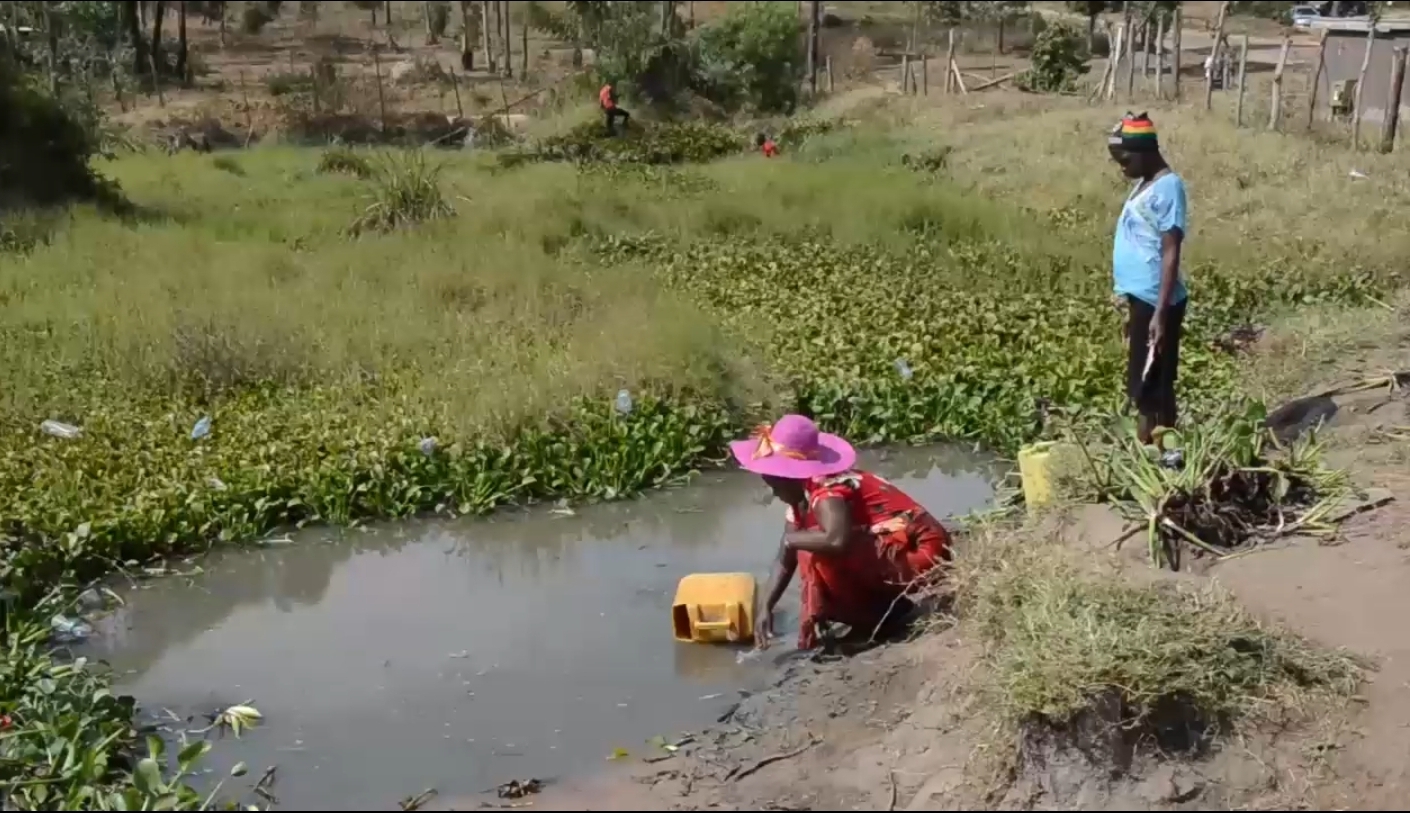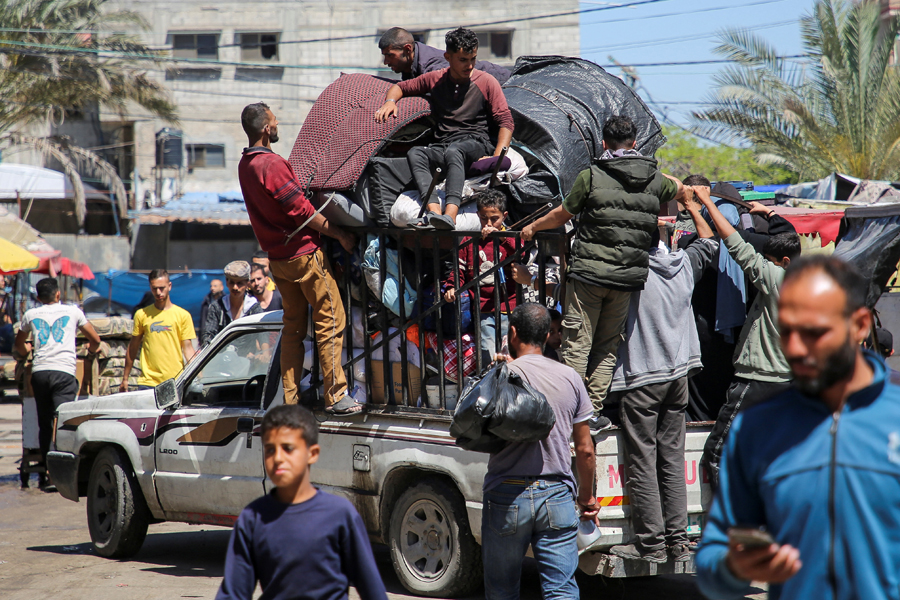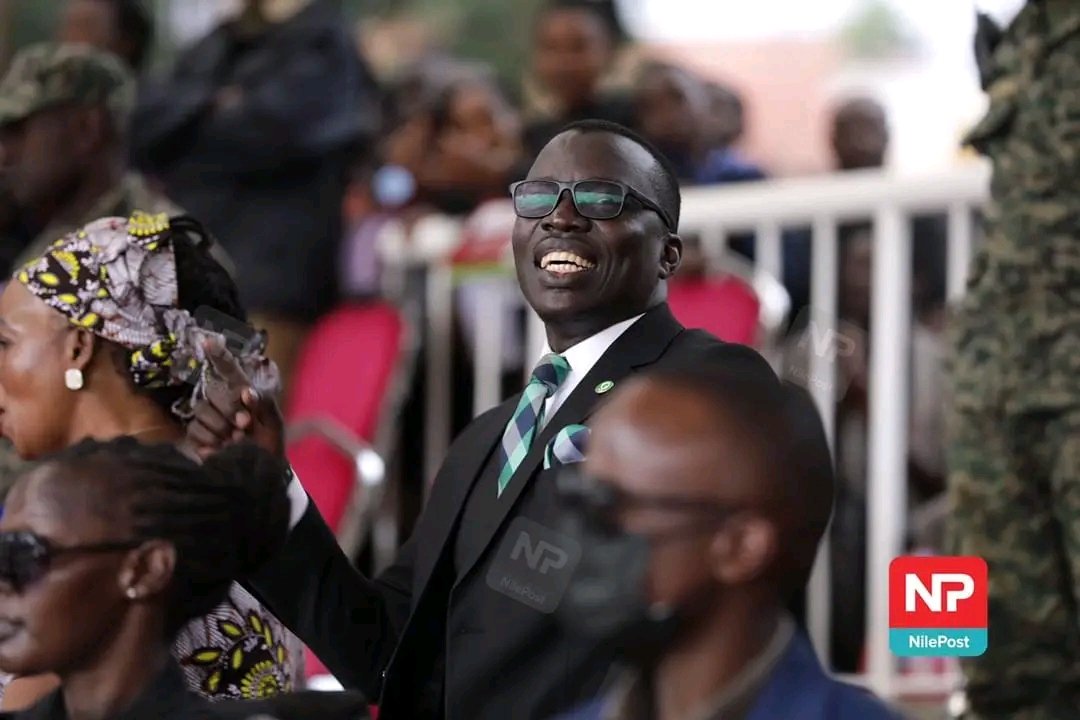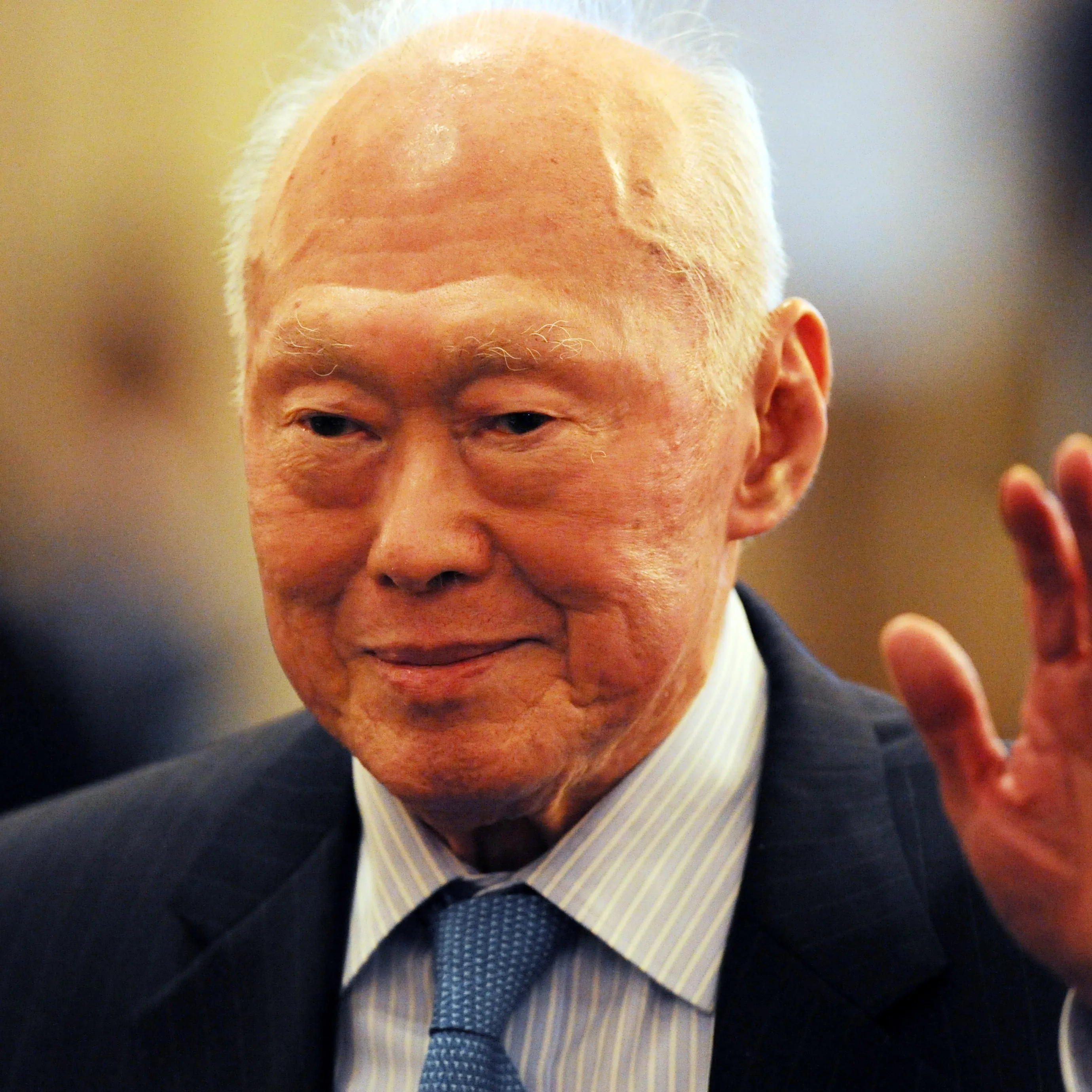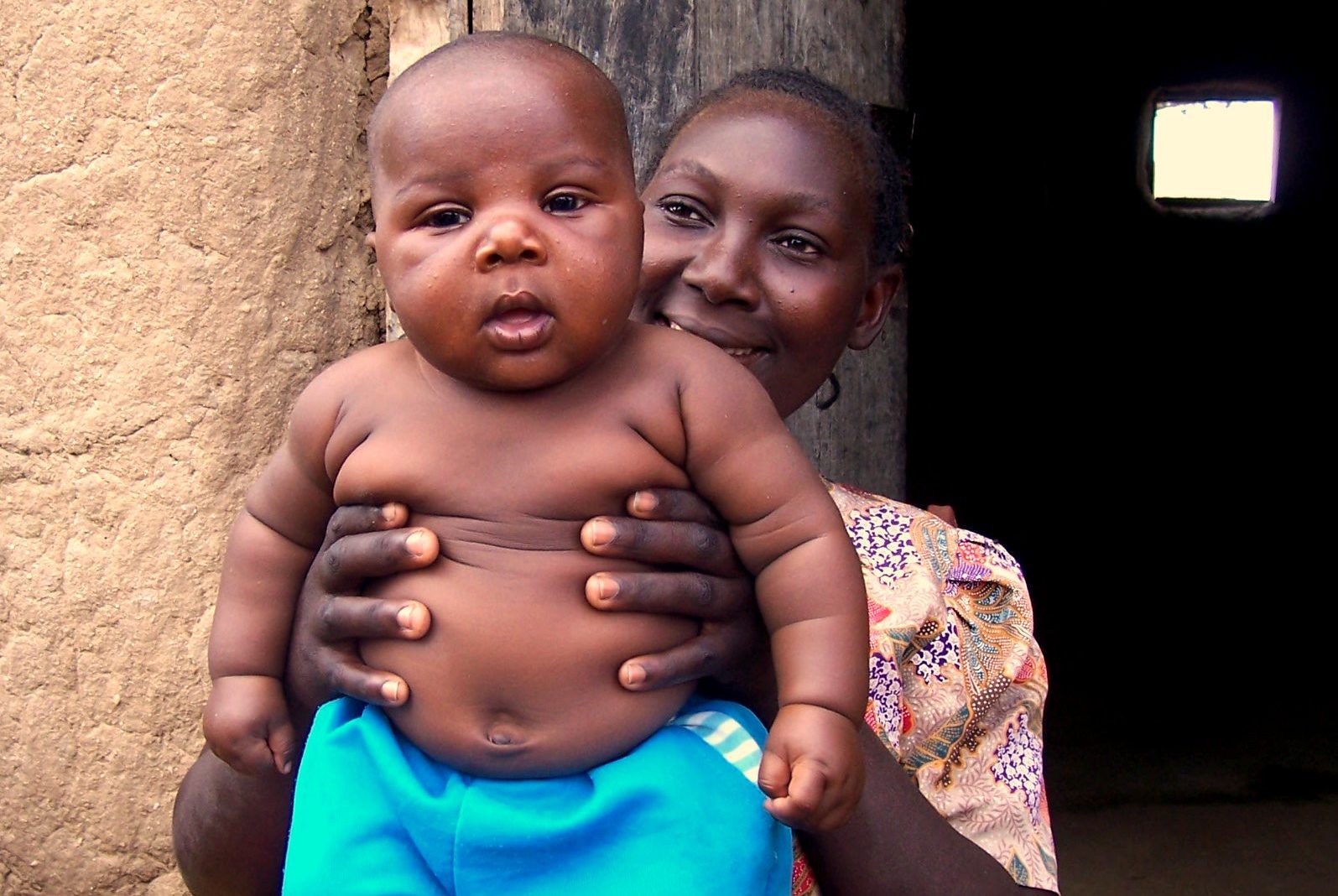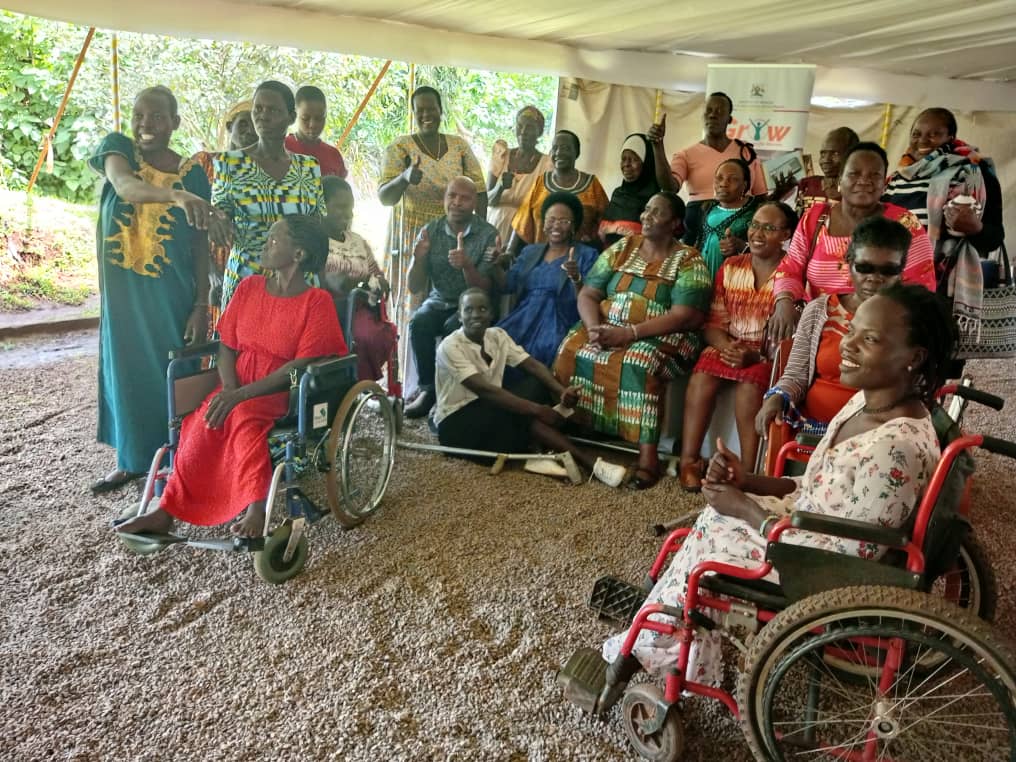Windle Uganda, British Council boost teacher training in refugee camps
By Ambrose Muhumuza
Windle international Uganda in partnership with British council are driving a program dubbed "Language for Resilience" in four refugee settlements across the country with an aim of addressing language barrier facing refugee pupils in the settlement-based schools.
Ugandan education system mandates English as the only language of instruction across it's schools but refugee learners have found it difficult to adapt to it which has since resulted into dropouts and poor performances hence affecting their education careers.
Between 2018 - 2021, the British Council conducted a research into language use in the refugee settlements where they discovered that refugee children were battling language barrier and overcrowding with average class sizes accommodating hundreds of children.
Report indicated that unlike in their home countries where Congolese and South Sudanese would study in French and Arabic languages respectively, Upon arrival in Uganda as refugees it became so difficult for them to study in English which is the official language of instruction.
Due to the language problem, many refugee children ended up in isolation in their respective classrooms which eventually forced many to get poor grades while others dropped out of school.
To address this challenge, the British Council in partnership with Windle international Uganda launched a program dubbed Language for Resilience in the four refugee settlements of Imvepi in Terego district, Rhino in Madi-Okollo, Nakivale in Isingiro and Kyangwali in Kikube district with an aim of solving language barrier between learners and their teachers.
Under this program, the British Council managed to facilitate the training of teachers, school administrators and community leaders to ensure that they're empowered to shift from using only English which is a Uganda education instruction language to usage of bilingual approaches for inclusive learning.
The Language 4 Resilience (L4R) has so far seen 454 teachers and administrators trained out of 5,541 teachers across refugee resettlements in Uganda.
Besides, 130,922 out of 365,055 refugee and host community children have already benefited from the 64 out of 287 primary schools in the refugee resettlements.
For sustainability purposes, the trained teachers and administrators will also become trainers for new enrolled teachers.

Reports indicate that since the inception of this program, teaching instructions through use of handbooks have been made easier which has greatly improved learners' performances and retention.
The next 3 years of this program shall be implemented with priorities set for settlements recieving new arrivals, setting up school clubs for English support, preparing teachers to use systematic trans-languaging and dealing with learners who experienced trauma.
In the same vein, a bridging course was also introduced in the refugee resettlements as a strategy of enabling over-aged new arrivals to learn English.
As Alfred Akello the British council facilitator explains, this program has since met several challenges including long training distances, overcrowding in classrooms, transfers which has greatly affected consistency.


